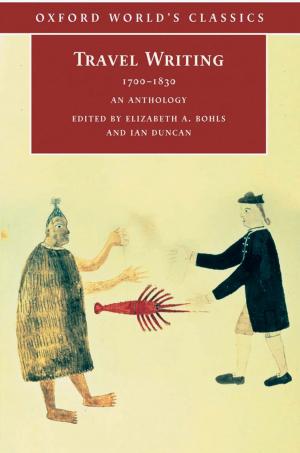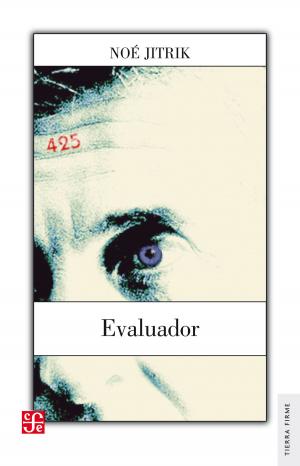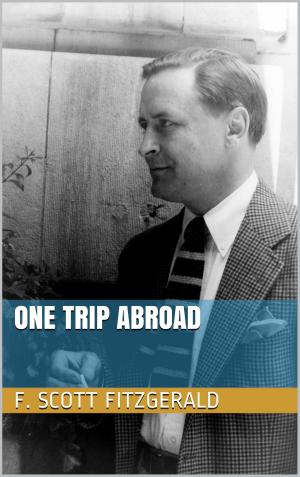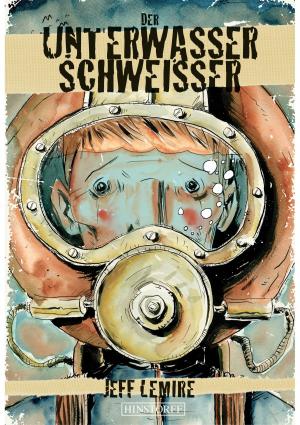| Author: | William Walling | ISBN: | 1230000175527 |
| Publisher: | Virtualbookworm.com Inc. | Publication: | October 2, 2013 |
| Imprint: | Language: | English |
| Author: | William Walling |
| ISBN: | 1230000175527 |
| Publisher: | Virtualbookworm.com Inc. |
| Publication: | October 2, 2013 |
| Imprint: | |
| Language: | English |
The 1st of a 2-book series (THE VARIAN DISASTER to follow) tells the fictional saga of an actual barbarian Legionary, later a Roman citizen, and later still an equestrian knight, who led a coalition of tribal warriors to victory in a famous battle that annihilated three entire Roman legions. Certain contemporary historians revere this distant figure from the shadows of European antiquity as a liberating crusader, others as, “The noble savage gone wrong.” This tale of Imperial Rome and ancient Germanorum centers on the travails, defeats, and victories of a Cheruscan tribal princeling Roman scribes all referred to by the Latinized name Arminius. A culture hero—possibly even the legendary Wagnerian hero of heroes, Siegfried—he is credited with organizing and consummating the total destruction of three Roman legions in a crucial battle which conceivably changed the course of European history by making Caesar Augustus, and succeeding imperial rulers, abort the conquest of germanorum magnus, the vast barbarian territory east of the Rhine and north of the Danube.
The 1st of a 2-book series (THE VARIAN DISASTER to follow) tells the fictional saga of an actual barbarian Legionary, later a Roman citizen, and later still an equestrian knight, who led a coalition of tribal warriors to victory in a famous battle that annihilated three entire Roman legions. Certain contemporary historians revere this distant figure from the shadows of European antiquity as a liberating crusader, others as, “The noble savage gone wrong.” This tale of Imperial Rome and ancient Germanorum centers on the travails, defeats, and victories of a Cheruscan tribal princeling Roman scribes all referred to by the Latinized name Arminius. A culture hero—possibly even the legendary Wagnerian hero of heroes, Siegfried—he is credited with organizing and consummating the total destruction of three Roman legions in a crucial battle which conceivably changed the course of European history by making Caesar Augustus, and succeeding imperial rulers, abort the conquest of germanorum magnus, the vast barbarian territory east of the Rhine and north of the Danube.















